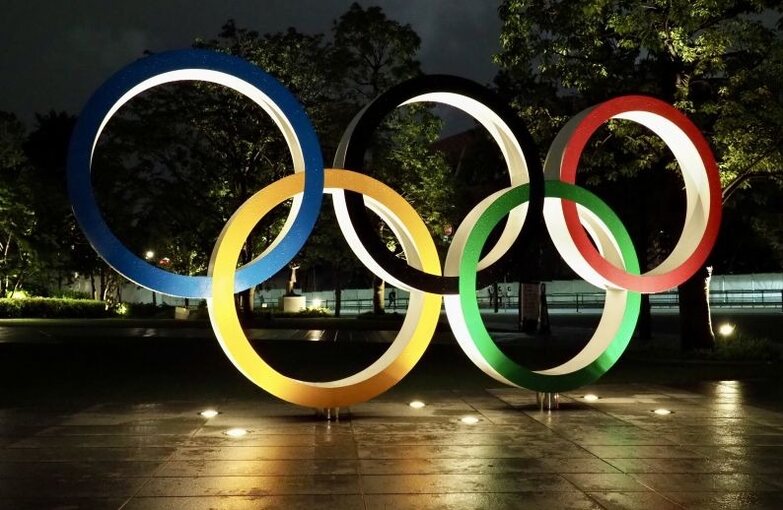There is a growing demand for the Tokyo Olympics to be postponed or cancelled due to the surging Covid-19 wave casting a doubt on the Games. Although the Tokyo Olympics organising committee chief responded on Friday, saying that Japan was committed to holding a safe Games this summer the doubts have not been dispelled.
Japan's top health experts have acknowledged that the COVID-19 pandemic has entered a fourth wave.
The Japanese government has expanded stringent measures to 10 regions as a fourth wave of infections spread, casting more doubt on whether the Olympics can be held in Tokyo with fewer than 100 days remaining for the deadline.
"We're not thinking of cancelling the Olympics," Tokyo 2020 President Seiko Hashimoto said, speaking on behalf of the organising committee.
"We will continue to do what we can to implement a thorough safety regimen that will make people feel complete safety," a Reuters report from Tokyo cited Hashimoto as saying.
Almost two-thirds of Japanese said the Olympics should be cancelled or postponed, a Jiji news poll showed on Friday.
A senior ruling party official said on Thursday that cancelling this year's Olympics remains an option if the coronavirus situation becomes too dire.
A scaled-back torch relay is already underway. Olympic organisers said on Friday that on the main island of Okinawa in Japan's southernmost Okinawa prefecture they would stage the relay in restricted areas without spectators instead of on public roads.
Overseas fans have been barred from the Games and officials say that domestic fans may be kept out as well.
Tokyo Olympic organisers were forced to postpone another test event, the BMX freestyle cycling scheduled for April 24-25, because of the adverse fallout due to the COVID-19 situation.
Daily cases in Osaka reached a record 1,209 on Friday, driven by a virulent strain of the virus first identified in Britain. New infections in Tokyo were 729, the highest since early February when most of the nation was under a state of emergency.
While Olympic and government officials have been saying further postponement of the Games is out of the question, a growing number of health experts have said it's too risky to hold the Games this summer.
Japan's relatively slow vaccination campaign which began in February is only adding to the problem. The inoculation drive is heavily dependent on imported vaccines which are in short supply worldwide.
Japan has exhibited "poor performance" in containing virus transmission, along with limited testing capacity and a slow vaccination rollout, according to a commentary of health experts published in the British Medical Journal on Wednesday.
Some health experts have even questioned Japan holding Tokyo 2020 for what they have termed “domestic political and economic purposes while ignoring scientific and moral imperatives. According to them this is contradictory to Japan's commitment to global health and human security.
A survey of more than 1,000 Japanese doctors last month showed that 75% believed it was better to postpone the Games, according to physician referral company Ishinotomo.
Kyoto University professor Hiroshi Nishiura, an advisor to the government's pandemic response, urged in a magazine commentary this week that authorities postpone the Olympics one year to allow for more time to vaccinate the public.




















